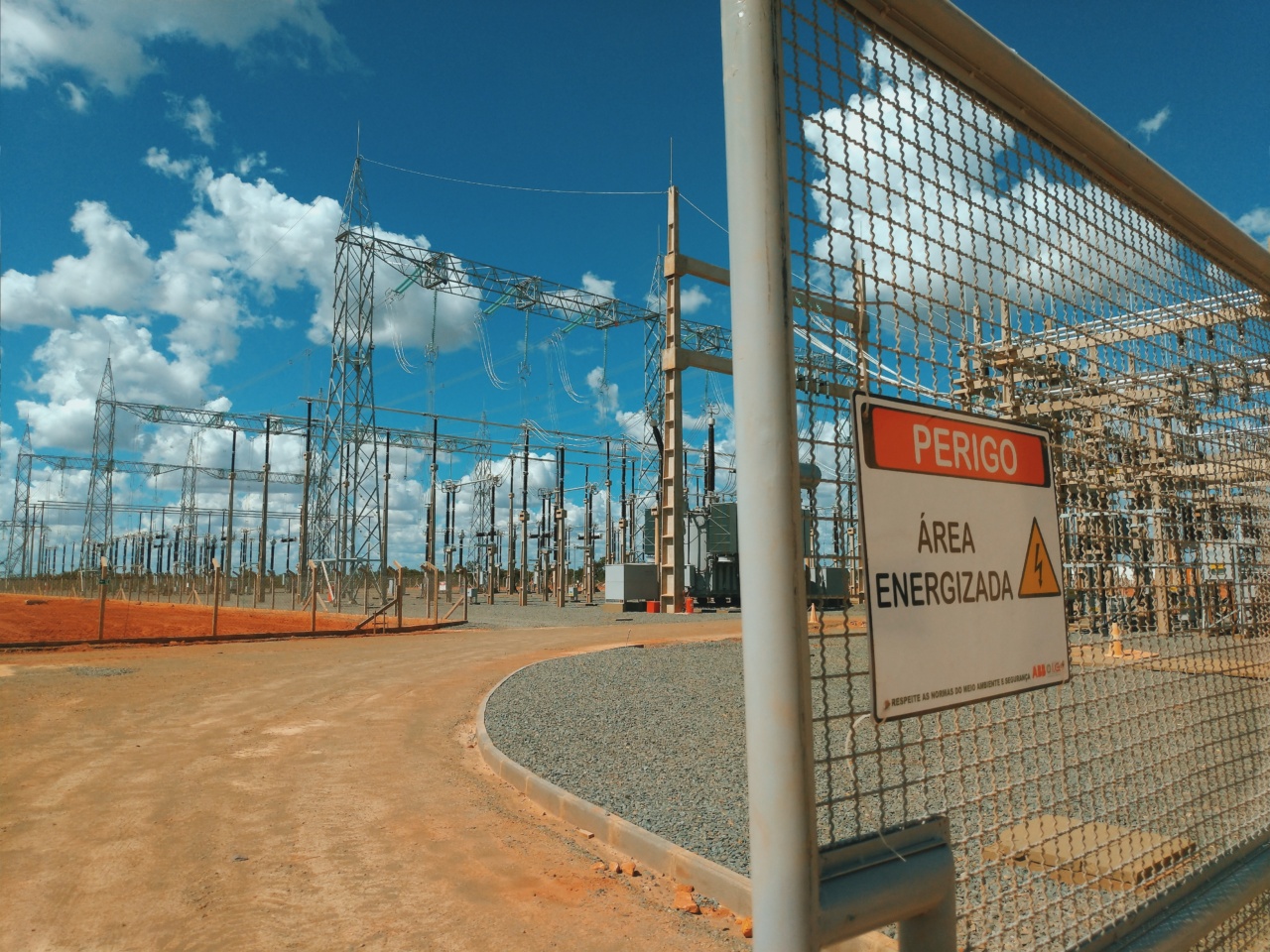Cholesterol is a waxy, fat-like substance found in your blood. While your body needs it to build healthy cells, too much cholesterol can increase your risk of heart disease and stroke.
High cholesterol, however, rarely shows any signs or symptoms until it causes a serious problem.
According to the Centers for Disease Control and Prevention (CDC), approximately 95 million adults in the United States have total cholesterol levels higher than 200 mg/dL, putting them at risk for heart disease.
The good news is that high cholesterol can be detected with a simple blood test, but it is essential to pay attention to the following warning signs of this condition:.
1. Chest Pain
One of the most alarming signs of high cholesterol is chest pain, also known as angina. This condition usually occurs when the blood flow to your heart is restricted, and it often feels like a tightening or squeezing sensation in your chest.
Chest pain can also spread to your arms, neck, shoulders, or back, and it may be accompanied by shortness of breath, sweating, and nausea.
2. Difficulty Breathing
If you find yourself out of breath after just a simple task, such as climbing stairs or walking to the mailbox, it could be a warning sign of high cholesterol.
This condition occurs when the cholesterol buildup in your arteries restricts blood flow to your lungs, making it hard to breathe. Shortness of breath can also be a sign of a heart attack or stroke, so seek medical attention immediately if you experience this symptom.
3. Numbness or Tingling in Limbs
High cholesterol can also affect your nerves, causing numbness or tingling in your arms, legs, hands, or feet. This sensation often occurs when cholesterol plaques build up in the arteries and block the flow of blood and oxygen to your extremities.
If left untreated, this can lead to nerve damage or even the loss of limb function.
4. Vision Problems
Did you know that high cholesterol can also affect your eyesight? This condition can cause a buildup of cholesterol in your eyes, leading to blurry or distorted vision.
If you notice any changes in your vision, such as double vision or trouble seeing at night, consult your ophthalmologist.
5. Fatigue
If you feel tired or exhausted all the time, even after getting enough sleep, it could be a sign of high cholesterol.
This occurs because cholesterol buildup in your arteries restricts blood flow to your muscles, making them work harder and leading to fatigue. Additionally, low levels of high-density lipoprotein (HDL), also known as good cholesterol, can lead to fatigue as well.
6. Headaches
If you experience frequent headaches, especially in the morning, it could be a sign of high cholesterol. This condition can cause a buildup of plaque in your arteries, increasing the pressure in your blood vessels and leading to headaches.
Additionally, high blood pressure, which often coexists with high cholesterol, can also cause headaches.
7. Digestive Issues
High cholesterol can also affect your digestive system, causing issues such as bloating, constipation, or diarrhea.
This occurs when cholesterol plaques build up in the arteries that supply blood to your intestines, disrupting your digestion and bowel movements. If you have persistent digestive problems, talk to your doctor about having your cholesterol levels tested.
8. Frequent Infections
Believe it or not, high cholesterol can weaken your immune system, making you more susceptible to infections.
This occurs because cholesterol buildup in your arteries can impair the function of your white blood cells, which are responsible for fighting off infections. If you find yourself getting sick more often than usual, it could be a sign of high cholesterol.
9. Swollen Feet or Ankles
If you notice that your feet or ankles are swollen, it could be a sign of high cholesterol. This occurs when cholesterol plaques build up in the arteries that supply blood to your legs, leading to poor circulation and fluid buildup.
Swollen feet or ankles could also be a sign of heart failure, so it’s essential to seek medical attention if you experience this symptom.
10. Erectile Dysfunction
High cholesterol can also affect your sexual health, causing erectile dysfunction (ED) in men. This condition occurs when cholesterol plaques build up in the arteries that supply blood to the penis, preventing it from getting erect.
Additionally, ED can be a sign of other underlying health conditions, such as diabetes or high blood pressure.
Now that you know the warning signs of high cholesterol, it’s essential to get yourself tested if you experience any of these symptoms.
In most cases, high cholesterol can be managed and controlled with lifestyle changes, such as diet, exercise, and medication. The key is to catch it early and work with your doctor to develop a treatment plan that works for you.






























